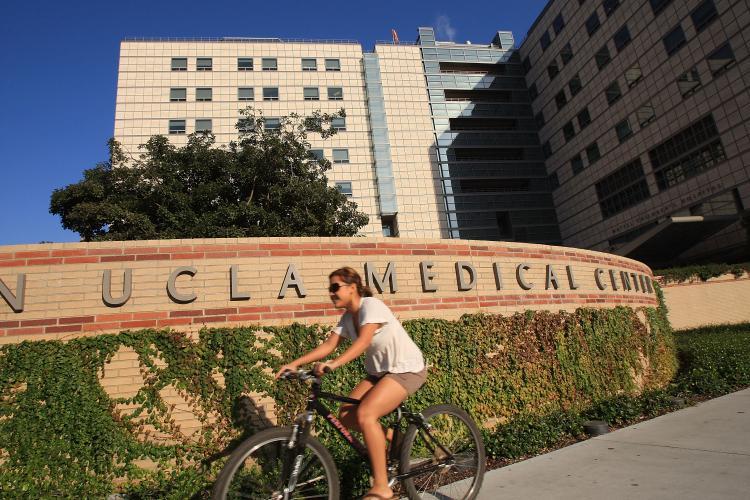LOS ANGELES (CNS)—Researchers at the University of California–Los Angeles (UCLA) have received a $13 million grant from the National Institutes of Health (NIH) to find new ways to overcome melanoma resistance to some of the most promising targeted therapies and immunotherapies, officials announced Sept. 28.
Significant advancements have been made in the past decade using targeted therapies and immunotherapies for treating people with advanced forms of this deadliest type of skin cancer, but the treatments still only work in some people. Tumors can—and often do—become resistant to these drugs, experts said.





